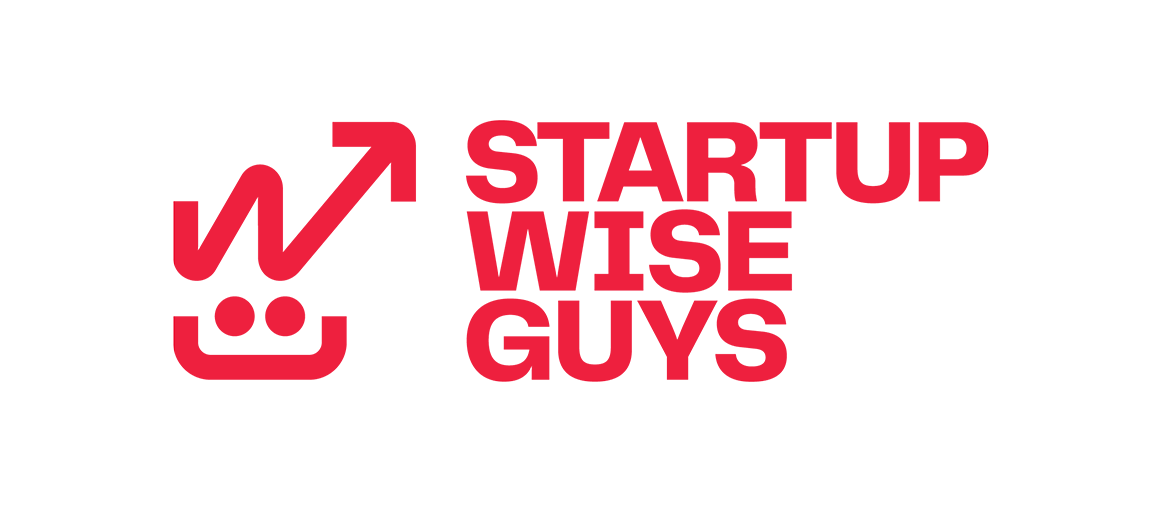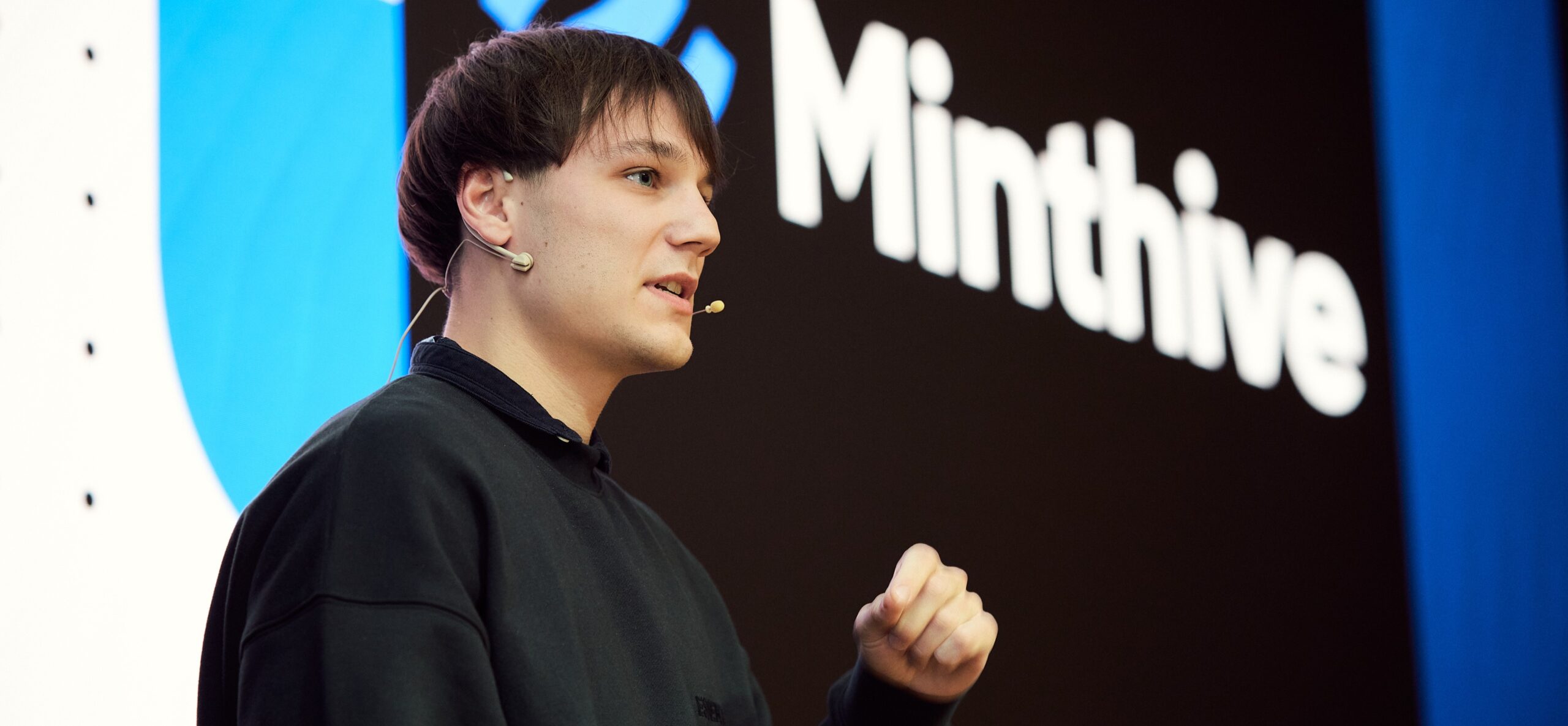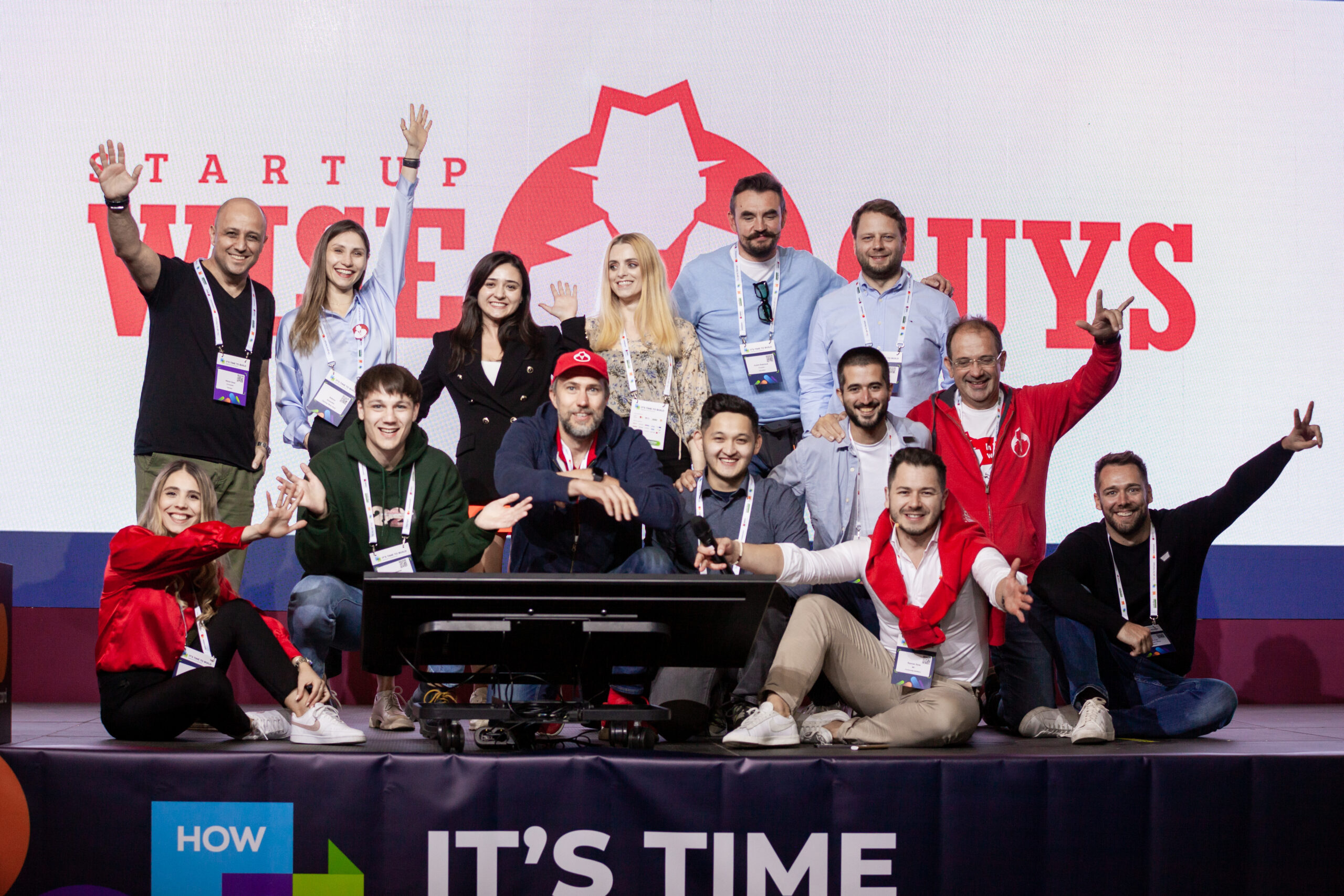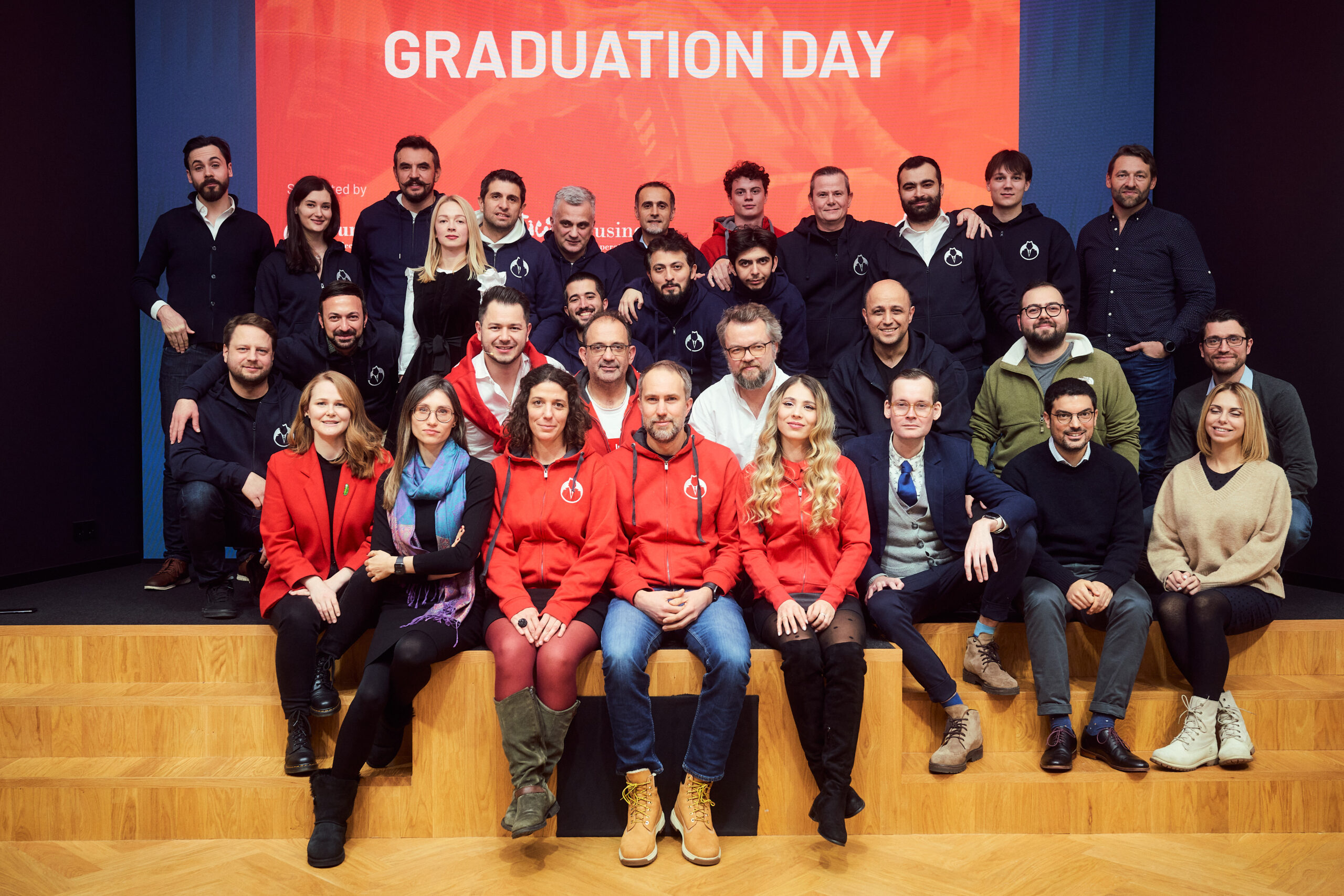What is Minthive?
Q: Could you introduce yourself and your company?
A: I’m Gytis, CEO and co-founder of Minthive. Our mission is to support the growth of the refurbished electronics market through the power of data. We gather information to assess the condition of devices and then generate an easy-to-understand label for each item. This way, customers have a clear picture of what they’re buying regarding device quality and condition. That’s a snapshot of what we’re doing at Minthive right now.
Q: How does Minthive aim to solve the trust issue in the refurbished market?
A: The idea evolved naturally from our personal experiences and the realization of a trust deficit in the refurbished electronics market. For instance, when I was in the market for a refurbished smartwatch, I noticed the information available was insufficient and often untrustworthy. But we didn’t rely on my experience alone; we conducted thorough research and customer interviews to understand the broader consumer sentiment. We discovered that while brands may be trusted, the products themselves can be hit or miss, which doesn’t support industry growth. Our approach is to enhance trust by presenting detailed information about each device’s condition, thereby directly making refurbished electronics more attractive and reliable to consumers. This, in turn, supports the entire industry’s expansion by ensuring that the quality of the product matches the reputation of the brand.
Joining Forces with Startup Wise Guys
Q: What led you to join the Startup Wise Guys accelerator?
A: My prior engagement with Startup Wise Guys was the catalyst for joining them with Minthive. During my first venture, we were at a crossroads, deciding whether to bootstrap or seek capital. At that time, in the Lithuanian VC scene, Startup Wise Guys was a prominent name that frequently appeared during local startup events and hackathons. Although I initially contacted them, we chose to bootstrap, so we didn’t take it further. With Minthive, I revisited that connection because I was familiar with their team, and they encouraged us to participate in their pre-accelerator program. This led to joining the full accelerator program, which was a logical step given our past interactions and their strong reputation in the Baltic startup ecosystem.
Applying to the Startup Wise Guys Accelerator
Q: Could you walk us through the application process for the Startup Wise Guys accelerator?
A: Startup Wise Guys offer accelerator programs that serve as a scouting opportunity for them. The application is open to anyone, even those who are in the earliest stages of forming their ideas—having an MVP is not a strict requirement, as far as I recall. The pre-accelerator program lasts about three months, during which they support founders in shaping their product, introducing them to methods of validation, hypothesis building, MVP development, and so on. It’s a value-driven process that also allows them to scout for startups to invite to their main accelerator program, which includes funding. They tend to focus on the team’s potential and coachability rather than just the idea or product, especially at early stages. We were accepted into the accelerator because, despite being quite early in our development, they saw promise in our team.
Q: Is the application process for the accelerator competitive?
A: It’s competitive, but it varies depending on the VC’s approach. For instance, if a VC aims for a broad and diverse portfolio, you need to understand their current interests and objectives. In our case, they were particularly interested in fintech and, coincidentally, were seeking Lithuanian startups to join their portfolio. They were looking to fill a specific niche within fintech and we fit the bill, which worked in our favor. So, for us, it wasn’t as competitive, but generally, getting into an accelerator is a competitive ordeal.
Life Inside the Startup Accelerator
Q: Can you describe what a typical day in the accelerator program was like for you?
A: The accelerator program actually offers quite a bit of autonomy, unlike formal education like a bachelor’s or master’s degree, where attendance is strictly monitored. The program is packed with interesting topics and sessions that you’re encouraged to attend. In our case, since we were one of the youngest and least experienced teams, every session—whether with mentors or instructors—was incredibly informative. However, it felt premature for us because our product wasn’t market-ready; we spent much of the accelerator and the following months developing MVPs and testing hypotheses. Looking back, if we were at our current stage with a finished product and some sales, the accelerator would have provided even greater value. The program covers various crucial subjects, from product development and feature building to sales and fundraising. So even though we were at an early stage, the learning opportunity was immensely beneficial, making the whole experience quite remarkable.
Q: Did the accelerator program provide funding for your startup?
A: Yes, we did receive funding. It was in the form of a classic convertible debt, amounting to 60,000 euros, which was precisely what we needed at the time. The terms were straightforward and didn’t cause any complications for us down the line. Our cap table remains in good shape, and there haven’t been any issues arising from this financial support.
Equity Arrangements with Convertible Debt
Q: Could you explain the equity arrangement that came with the convertible debt?
A: Convertible debt operates with a set maturity date and a valuation cap—in our case, the cap was 750,000 euros. The debt will convert into equity during our next significant funding round, whether that’s considered a pre-seed or seed round. The startup fundraising stages can be a bit perplexing, and even now, as we’ve raised just over 100k, there’s some ambiguity about whether our next round of funding will be categorized as pre-seed or seed. However, regardless of the classification, the investment from the accelerator will convert into equity either at the next funding event or upon reaching the maturity date, which is set for the end of this year. So ultimately, the accelerator’s stake in our company will be formalized into equity either at the valuation cap or at maturity.
Key Milestones Achieved in the Accelerator
Q: Could you share a significant milestone or achievement from your time in the accelerator?
A: There were several pivotal improvements during our time in the program. The foremost was network building, which I consider the most crucial aspect of this industry. Your relationships with VCs, angels, and other investors can significantly influence your journey. Some companies secure vast amounts of capital, even without a robust product, purely based on their networking prowess and market reputation. Another key aspect was learning about MVP development. The accelerator introduced us to various methodologies for building MVPs, ingraining a culture of testing, pivoting, and adapting.
The product we have now is drastically different from what we entered the program with, and that evolution is partly due to the accelerator teaching us how to tackle problems and remain coachable. While these aren’t single, quantifiable milestones, the knowledge and culture we absorbed are invaluable. The network we built, encompassing other startups, VCs, and mentors, remains active and supportive even a year after completing the program, offering help without any strings attached. These relationships and learning are the most significant milestones for us.
Overcoming Pivots and Co-founder Departure
Q: It seems you’ve experienced some significant changes during the program. Could you talk about the challenges, like pivoting or other issues?
A: Pivoting is indeed a formidable task, but I see it as a standard part of the startup journey, especially in an accelerator designed for early-stage companies. While pivoting means you’re not ready to sell, it’s a necessary step toward finding the right product-market fit. We were arguably too early in our product development to fully capitalize on the sales training offered during the program. However, these lessons became invaluable later on as we could return to our mentors for guidance.
A distinct challenge we faced, which was unrelated to the accelerator, was the departure of a co-founder. It was a mutual decision, but it led to legal complexities since we had already secured investments and signed agreements. This situation was particularly stressful, with conflicting interests at play. Fortunately, the accelerator’s VC and their legal team provided substantial assistance, not only with the legal aspects but also with moral support during this trying time. The resolution of this challenge towards the end of the program was a significant moment for us, marking both a stressful period and a testament to the support the accelerator provided beyond just business development.
Minthive’s Journey Post-Accelerator
Q: Can you update us on Minthive’s status after the accelerator program?
A: Post-accelerator, our focus has been on product development. After our technical co-founder’s departure, we collaborated with a Ukrainian development company recommended by Startup Wise Guys, which allowed us to build our product leanly and affordably. Until the start of this summer, we dedicated our efforts to crafting the first iteration of our product, conducting interviews, and expanding our network. However, we encountered challenges in market entry, prompting another pivot.
The lessons learned about pivoting during the accelerator were invaluable here. Over the summer, we developed a new product aligned with our original vision and mission but with a different functionality, which we launched by the end of the season.
Regarding team size, we’ve had to be resourceful. Hiring full-time employees is currently beyond our budget, so we’ve turned to friends who could work at a lower cost and freelancers for their affordability. We’ve also taken the time to bring on a new CTO. So, while the exact team size is fluid, we’re doing our best to progress with minimal resources, which is quite typical for startups at our stage.
Minthive’s Future Goals and Ongoing Support from Accelerator Mentors
Q: What are the next milestones for Minthive, and how has the accelerator prepared you for these?
A: Our immediate goal is to achieve product-market fit. Now that we’ve launched our product and started making sales, the focus is on testing it in various markets and pinpointing who our real Ideal Customer Profiles (ICPs) are. There could be numerous potential personas for our labels, but identifying the actual clients is crucial. We’re in the phase of experimenting to see where the revenues come from and discovering the most receptive markets for our product.
During the accelerator, we weren’t quite ready to benefit from the sales training, but now we are revisiting those lessons. I’ve been reconnecting with the same mentors from the program for advice tailored to our current situation. Their ongoing support is instrumental, especially as we navigate trade shows and B2B sales. Two mentors are actively assisting us: one with trade shows and another with B2B sales strategies. Their willingness to continue providing value speaks volumes about the lasting impact of the accelerator program, even a year later.
Advice for Aspiring Accelerator Applicants
Q: Any tips for people applying to an accelerator like Startup Wise Guys?
A: Startup Wise Guys seeks diverse, coachable, and innovative founders. They’re known for adding value to a wide array of startup founders, not just in the Baltics but also from the Middle East, Africa, and Europe, showcasing their diversity. If your region lacks a well-known local VC, contacting Startup Wise Guys is a wise move. From our experience, the mentors were exceptional, offering support that extends well beyond the accelerator program itself. Another advantage is their approach; they’re more like supportive friends than demanding bosses, which is crucial for a healthy dynamic between a VC and a startup. For those considering an accelerator, Startup Wise Guys has my full endorsement for their supportive environment and the lasting relationships they help forge.
My first tip would be to participate in a pre-accelerator if possible, as it’s generally accessible to anyone with a solid idea and a team. Regarding the actual application to the accelerator, remember that at the early stages, the focus is primarily on the founders rather than the product or idea. While the idea is important, the reality is that products will evolve and ideas may pivot; what really matters is the founders’ ability to manage stress, embrace changes, and tackle new challenges that arise constantly. So, for those applying, emphasize the strength and adaptability of your team because that’s often what accelerators are investing in.



